Source inside Apple reveals the new name of the operating system for its VR/AR headset
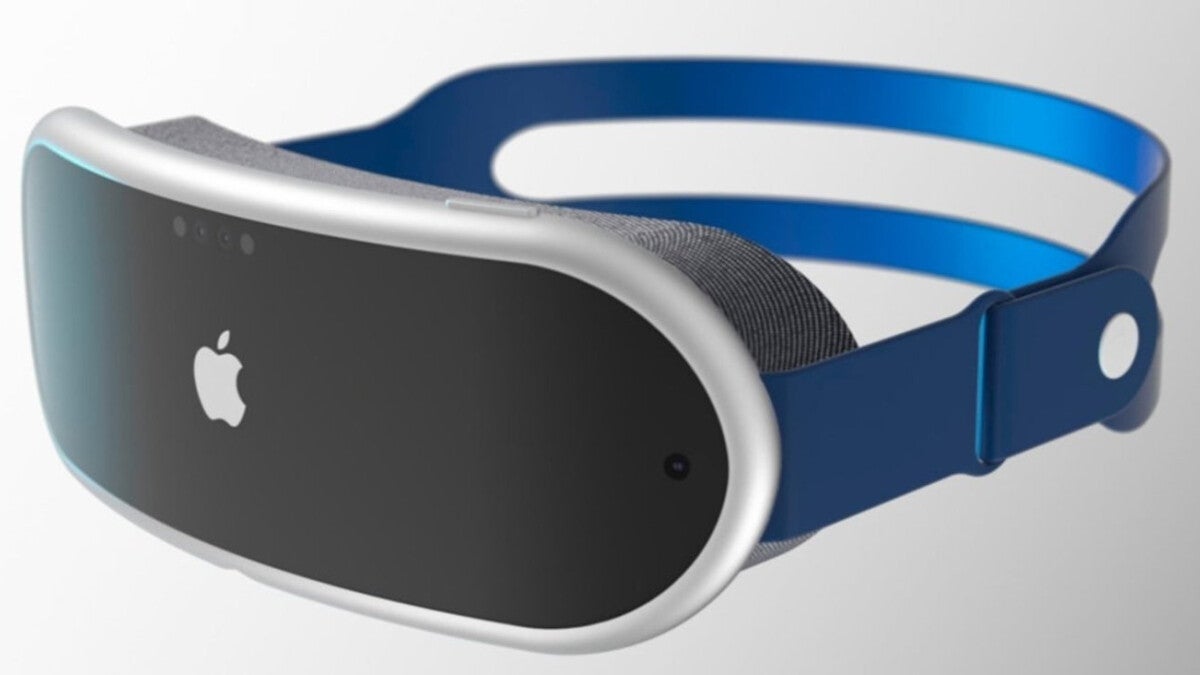
It was back in November 2017 when we first mentioned the name reality Operating System (rOS) in a story. A leak revealed that this would be the name of the software Apple would use to run its smart glasses. At the time, there were no rumors about a mixed-reality headset that is expected to cost somewhere between $2,000 and $3,000.
Apple reportedly changes the name of the software it developed for its mixed-reality headset
Years later, the rOS name returned as the software was expected to be used for Apple's Mixed Reality headset that might be named Reality One. The device could be unveiled in January and released during the second quarter of next year. It will use both Virtual Reality (VR) and Augmented Reality (AR). The former shows a completely made-up environment that is designed to look real to a person wearing a headset.

Apple's own example of how AR works using an app that displays AR images of furniture using real-world images of a room
Augmented Reality is the use of computer-generated images (CGI) placed over a real-world image. A good example of this is Google Maps' Live View which presents directions to those walking to a destination with AR-based navigation. Using the rear camera on your phone, you see a real-world image of what is in front of you as CGI-created arrows tell you which direction to walk. The feature will also point out how far away you are from certain landmarks and iconic buildings.
Reliable analyst Ming-Chi Kuo says that Apple's headset will offer smooth transitions between VR and AR. Head tracking sensors will reportedly be part of the device which could be powered by Apple's powerful M2 SoC and sport up to 15 cameras. It also will feature spatial audio which is the technology used on the AirPods Pro to deliver surround sound or 3D audio. This allows the listener to determine if a sound is supposed to be coming from above him, behind him, from his sides, or below him.
Today's big news from Bloomberg's Mark Gurman says that Apple has recently changed the name of the operating system to be used for the Reality One from reality Operating System (rOS) to Extended Reality Operating System or "xrOS." The leak comes from anonymous workers inside Apple and the use of the Extended Reality name is supposed to indicate the headset's support of both VR and AR.
After Apple's Reality One headset, the company is expected to work on Apple Glasses
Ironically, one of Apple's competitors in the headset market, Meta, had 300 engineers developing a mixed-reality operating system by the same name. But Bloomberg notes that the latest trademark filings for the name did not come from Meta. Apple will offer app developers a software development kit to help them develop apps for the headset. The software will also feature new versions of core iOS apps like Messages and we should see a VR version of FaceTime.
After the mixed reality headset, Apple is expected to embark on the development of its next big thing. That would be a pair of smart glasses that some analysts expect will eventually replace (sit down now) the iPhone. Considering the reception that Google Glass got when released starting in 2013, Apple will be careful not to follow in Google's footsteps. Because users could take pictures of others without the subjects knowing, Google Glass users became known as Glassholes and some bars banned patrons from wearing the device.
While Google's ambitious program to sell Google Glass to consumers failed, the device is still used by businesses. If everything goes to plan, consumers are expected to replace their smartphones with smart glasses. However, early versions of the device might require users to carry around an iPhone to help the glasses process certain complex tasks. Apple would eventually be expected to wean its smart glasses off of the iPhone just as it did with the Apple Watch. As the components for the glasses get more powerful, smaller, and cheaper, the specs will become a standalone device.
Follow us on Google News








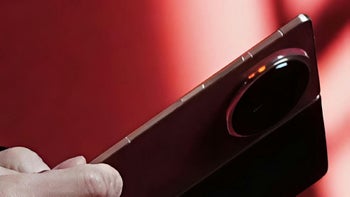
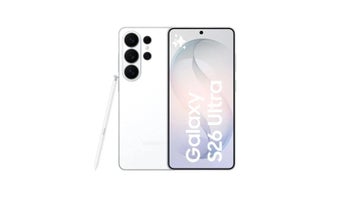
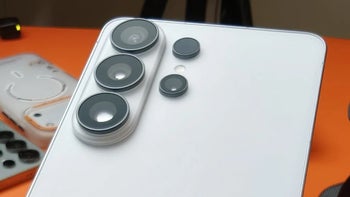
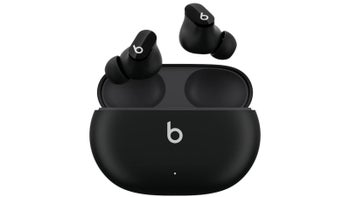

Things that are NOT allowed:
To help keep our community safe and free from spam, we apply temporary limits to newly created accounts: